North Korea sold arms to Russia's Wagner group, US says
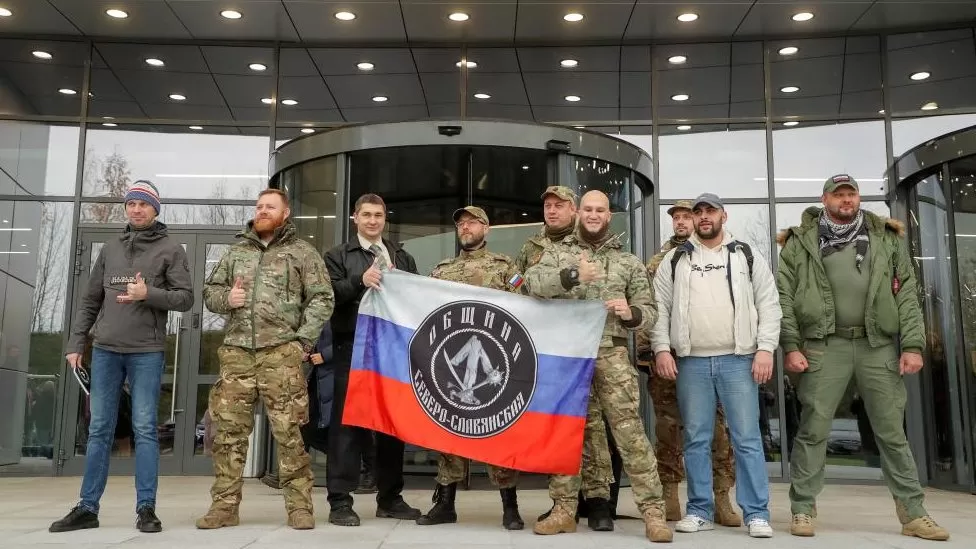
The United States has accused North Korea of supplying battlefield missiles and rockets to the Russian mercenary group Wagner for use in Ukraine.
The White House said the shipment violated UN Security Council resolutions and that it would announce further sanctions on Wagner.
Both North Korea and Wagner have denied the reports.
Fighters from the mercenary group have ballooned from 1,000 to nearly 20,000 in Ukraine, the UK government says.
The group has also been active recently in Syria and African countries, and has repeatedly been accused of war crimes and human rights abuses.
"Wagner is searching around the world for arms suppliers to support its military operations in Ukraine," White House national security spokesman John Kirby told reporters.
"We can confirm that North Korea has completed an initial arms delivery to Wagner, which paid for that equipment," he said.
The White House says the mercenary group took delivery of infantry rockets and missiles from North Korea.
Mr Kirby said Wagner is spending more than $100 million (£82 million) each month in Ukraine.
He added that the group now rivals the Russian military in power.
UK Foreign Secretary James Cleverly said Britain agreed with Washington's assessment.
"The fact that President (Vladimir) Putin is turning to North Korea for help is a sign of Russia's desperation and isolation," Mr Cleverly said in a statement.
But Wagner owner Yevgeny Prigozhin denied the assertion, calling it "gossip and speculation", while North Korea's foreign ministry called the reports "groundless".
Its position "remains unchanged" and the transaction of arms between North Korea and Russia "has never happened", a North Korean spokesperson said.
The Wagner group is believed to have first gone into action during Russia's annexation of Crimea in 2014.
Its owner, Mr Prigozhin, is an oligarch known as "Putin's chef" - so-called because he rose from being a restaurateur and caterer for the Kremlin.
Wagner's influence and presence has drastically strengthened as Russia's invasion of Ukraine has suffered multiple setbacks.
In March 2022, Wagner was thought to have sent an initial force of just over 1,000. But UK officials say that number has now grown to more than 20,000 - around 10% of the total Russian forces on the ground.
Wagner's inflated ranks are linked to its targeted recruitment of convicts in Russian prisons. UK officials say open source estimates suggest that the numbers of convicts in Russian prisons fell by more than 23,000 in the two months leading up to November 2022 - the period in which it was recruiting.
Many convicts are believed to have joined Wagner - though there are no precise numbers. In return they have been told they will get paid and have their sentences commuted after serving six months on the front line.



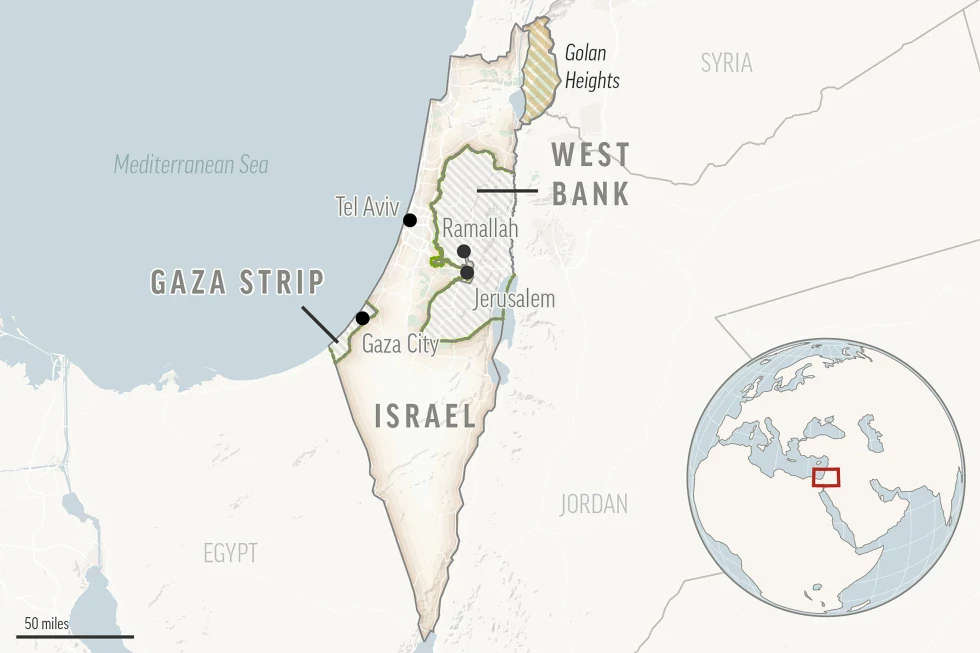
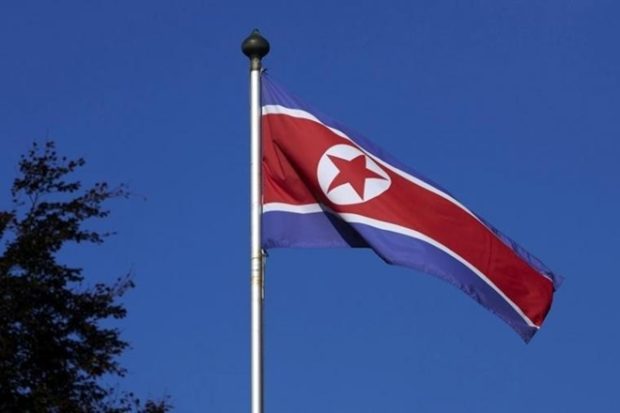
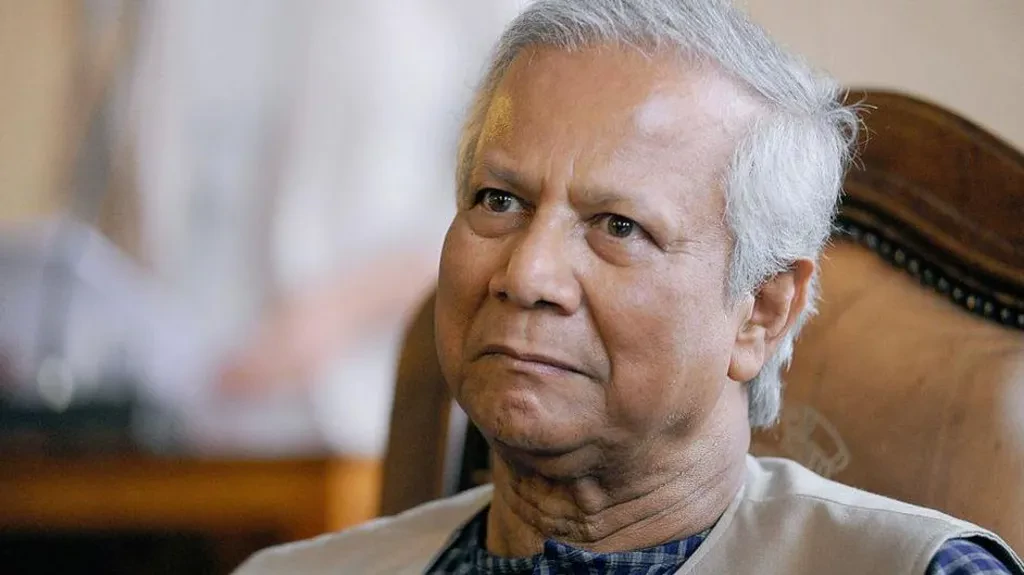
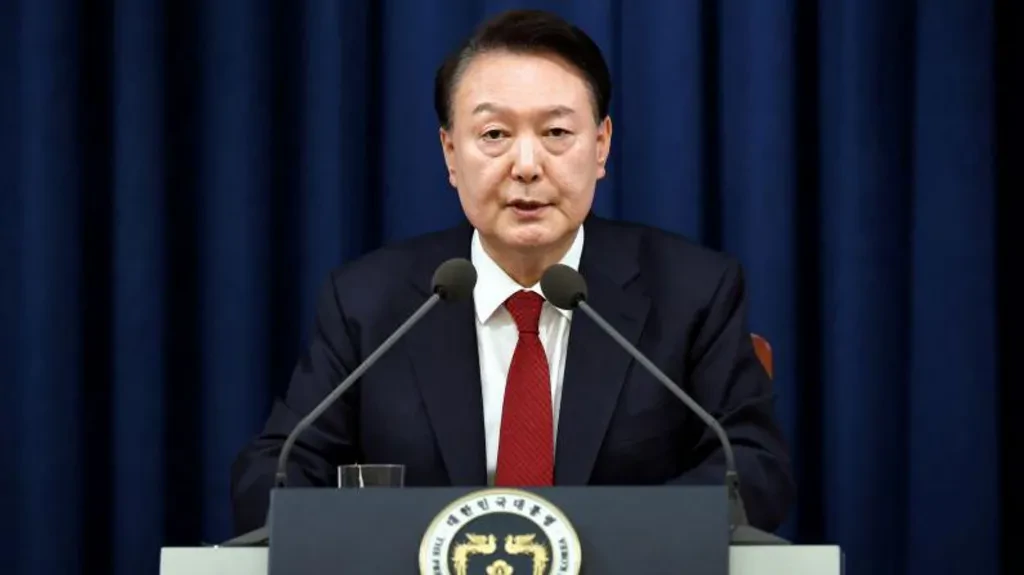

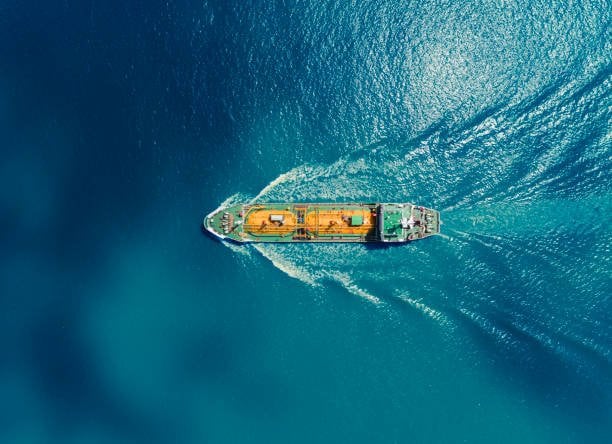
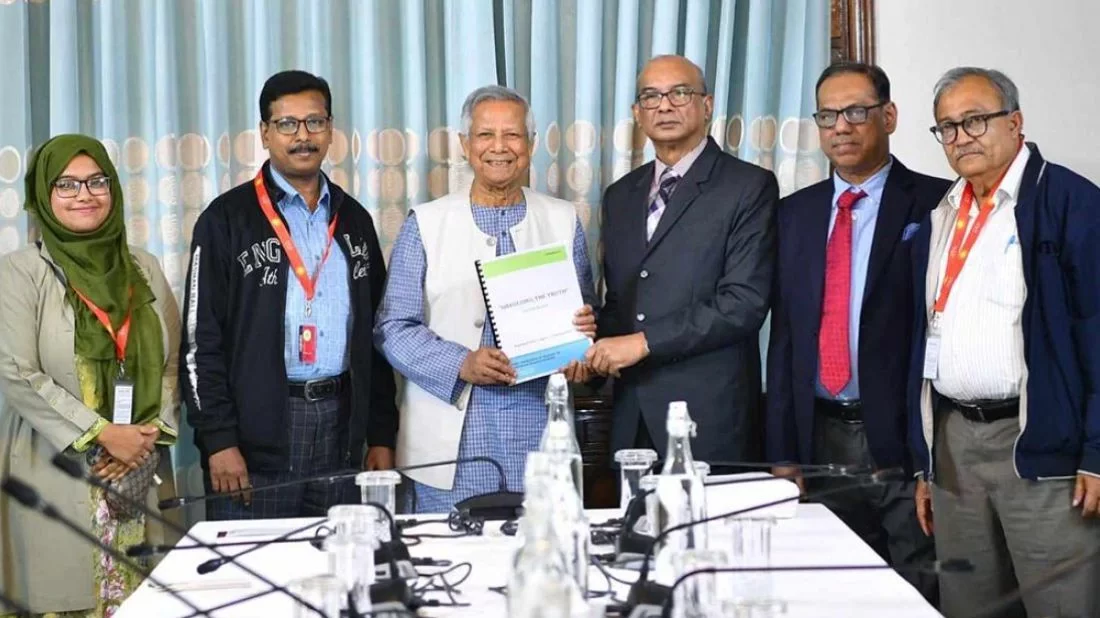
Leave Comment